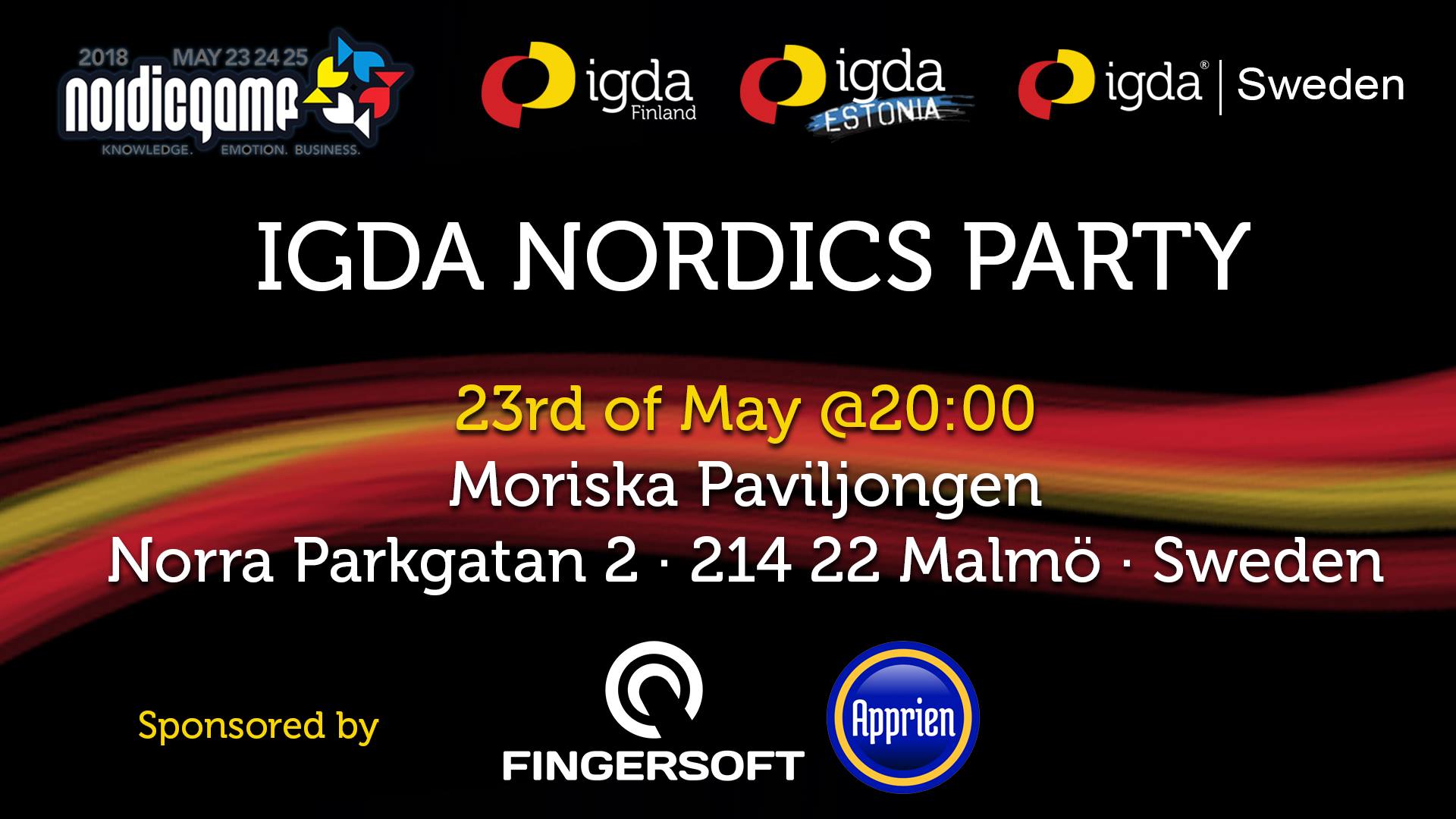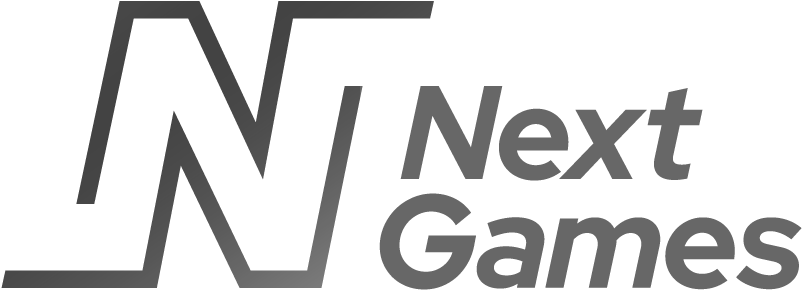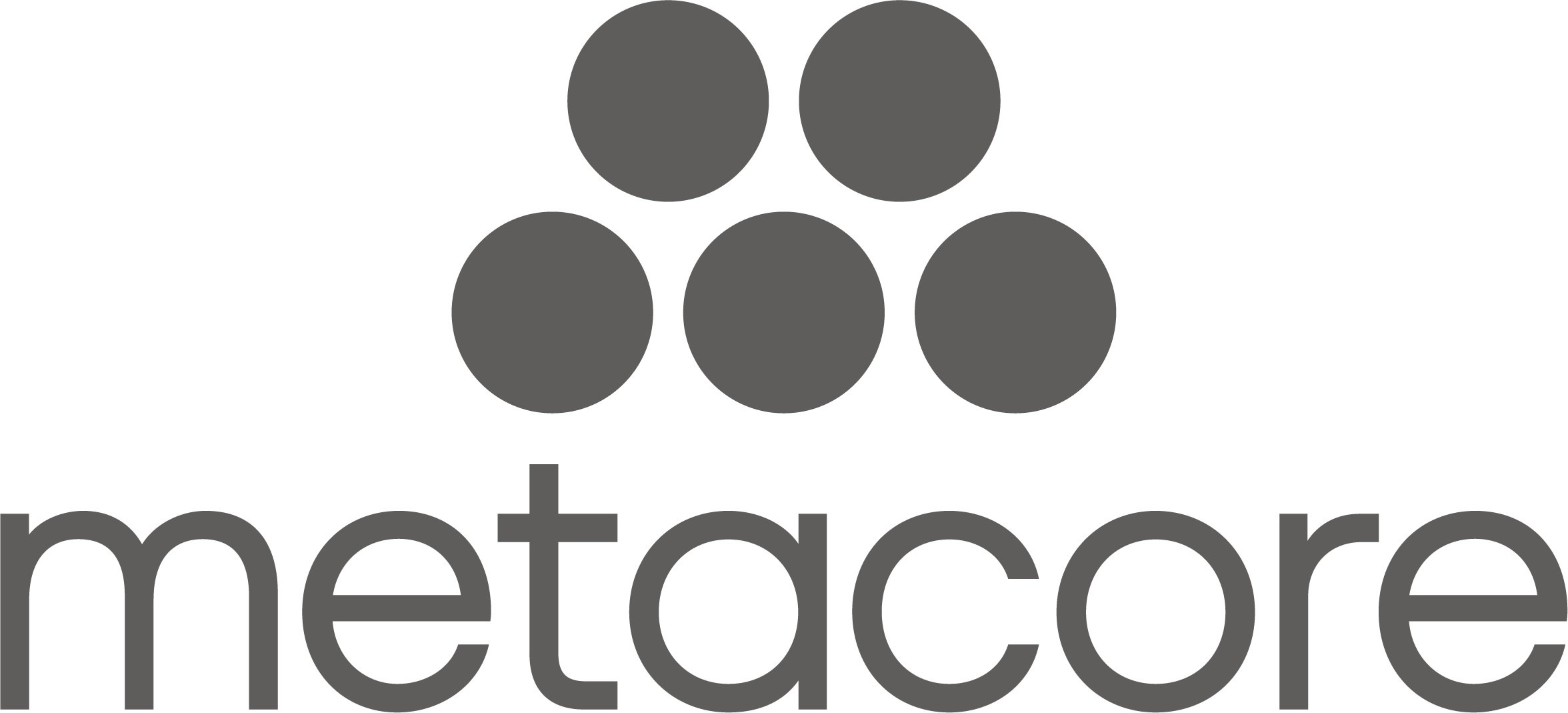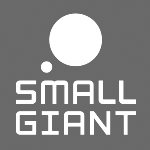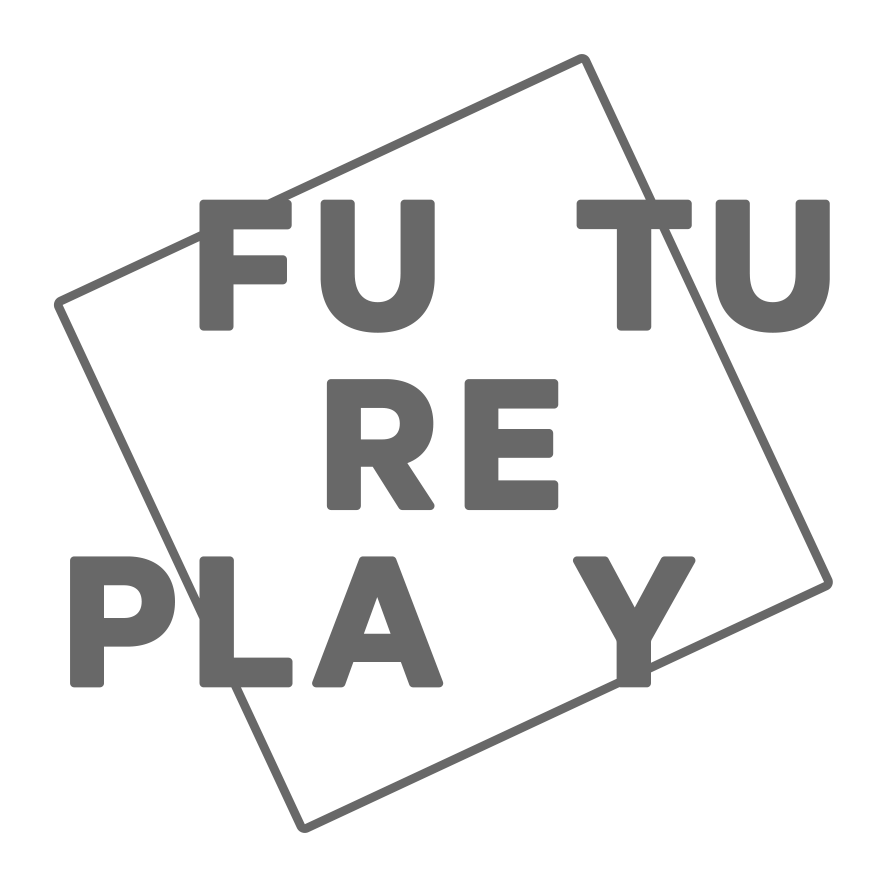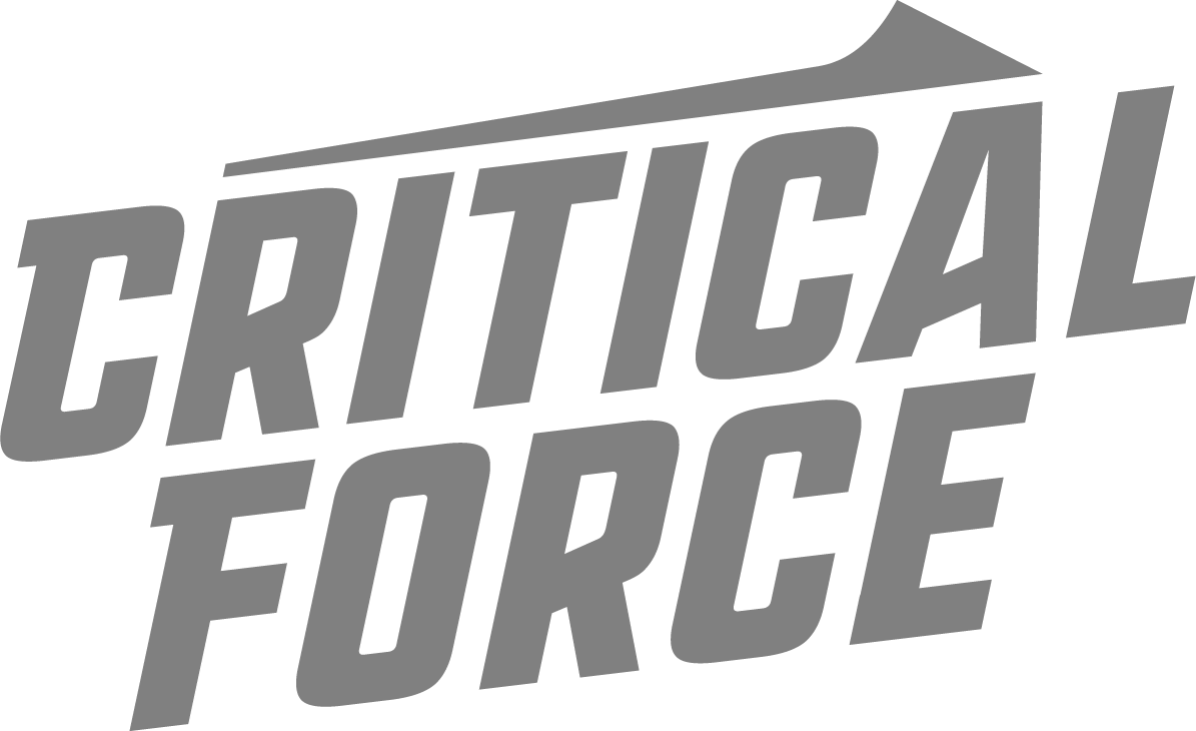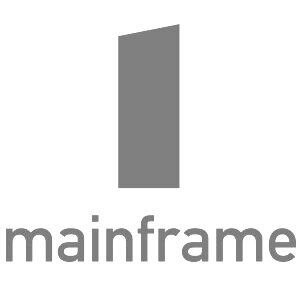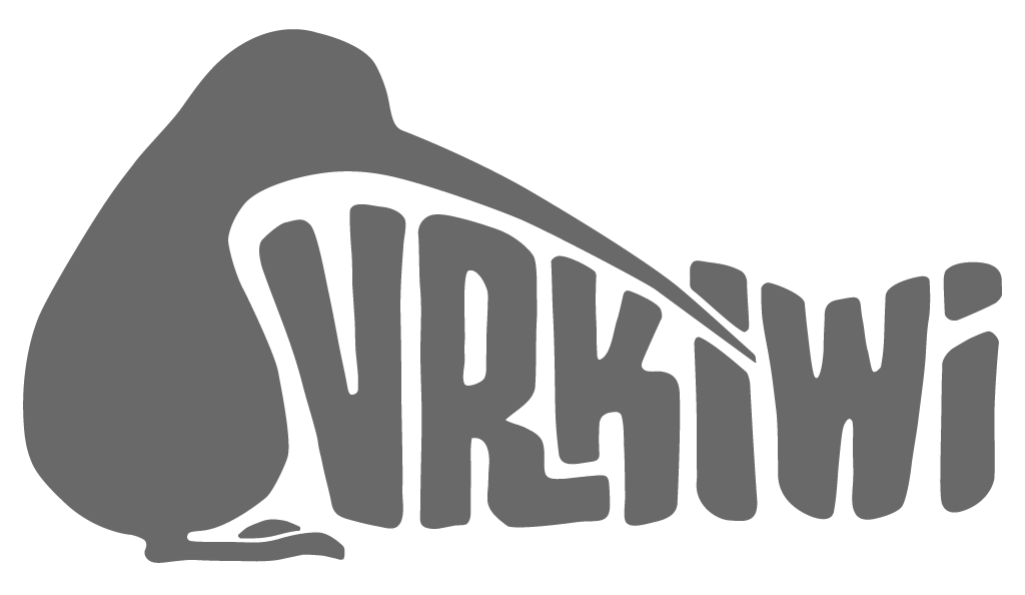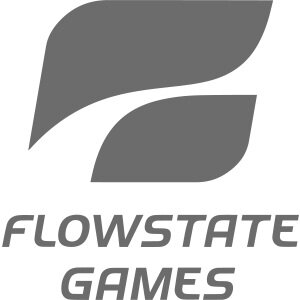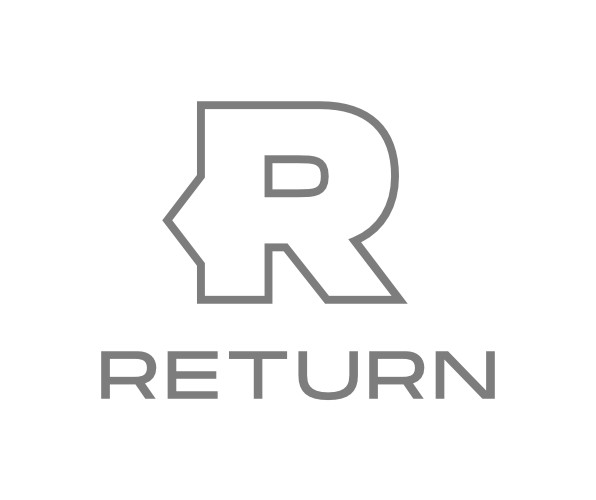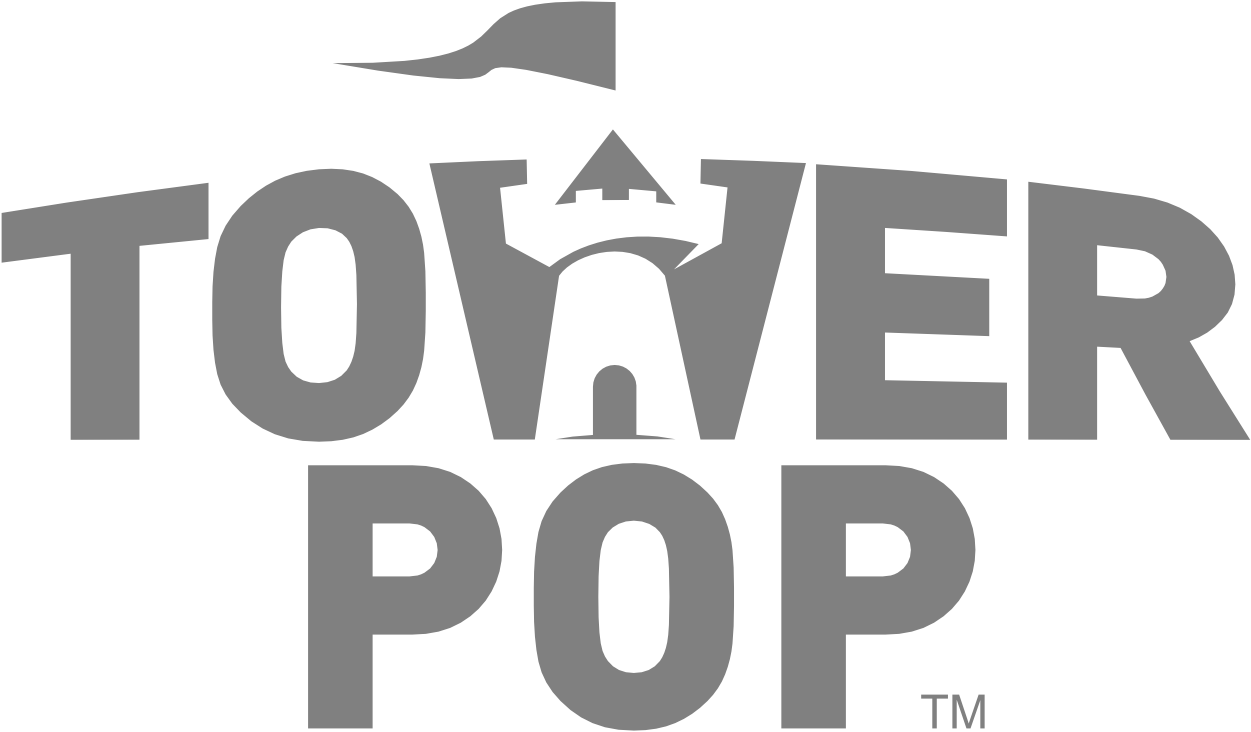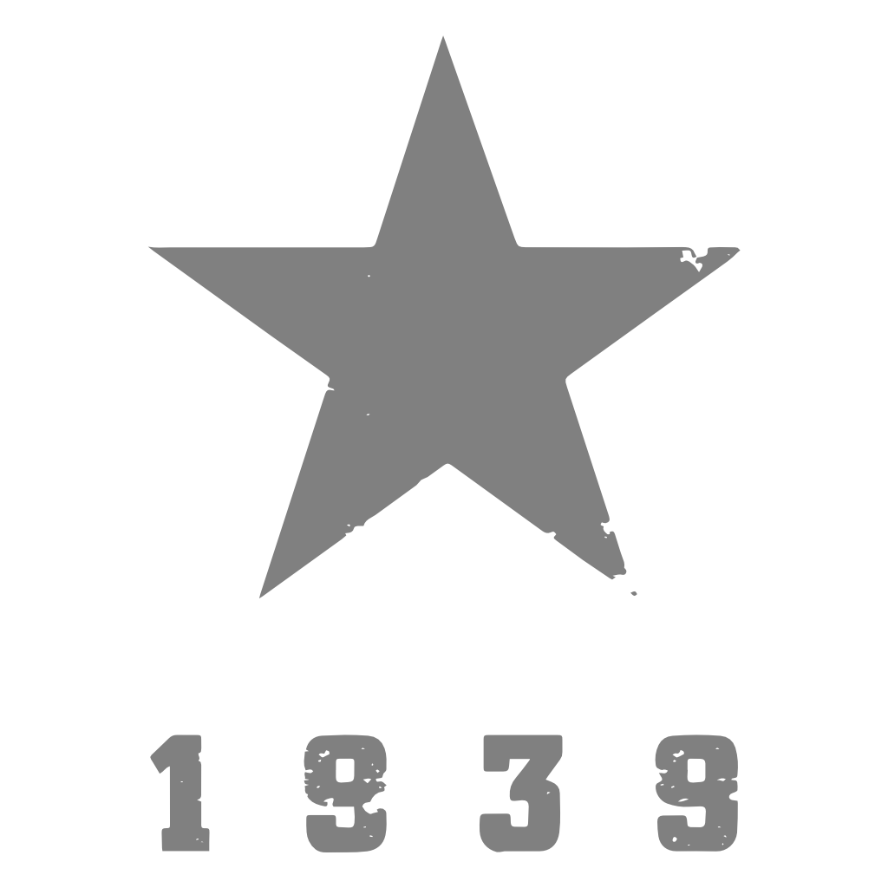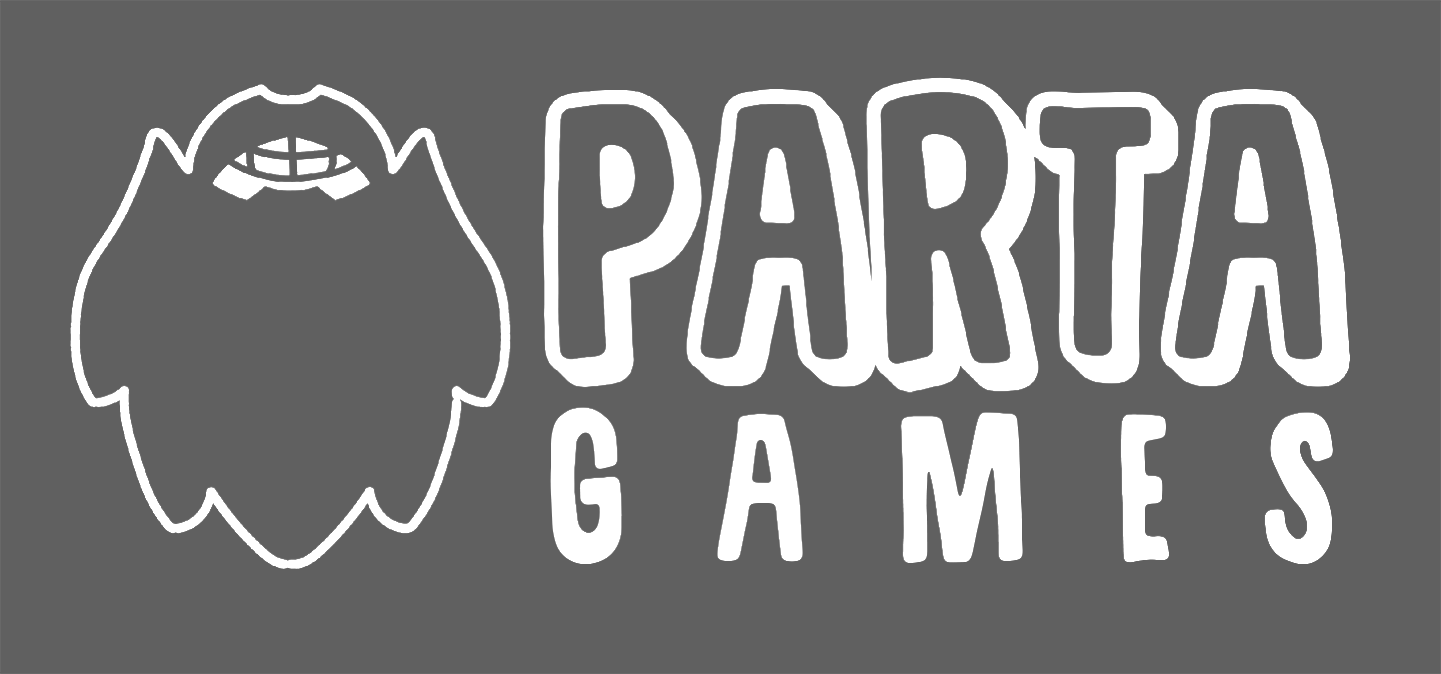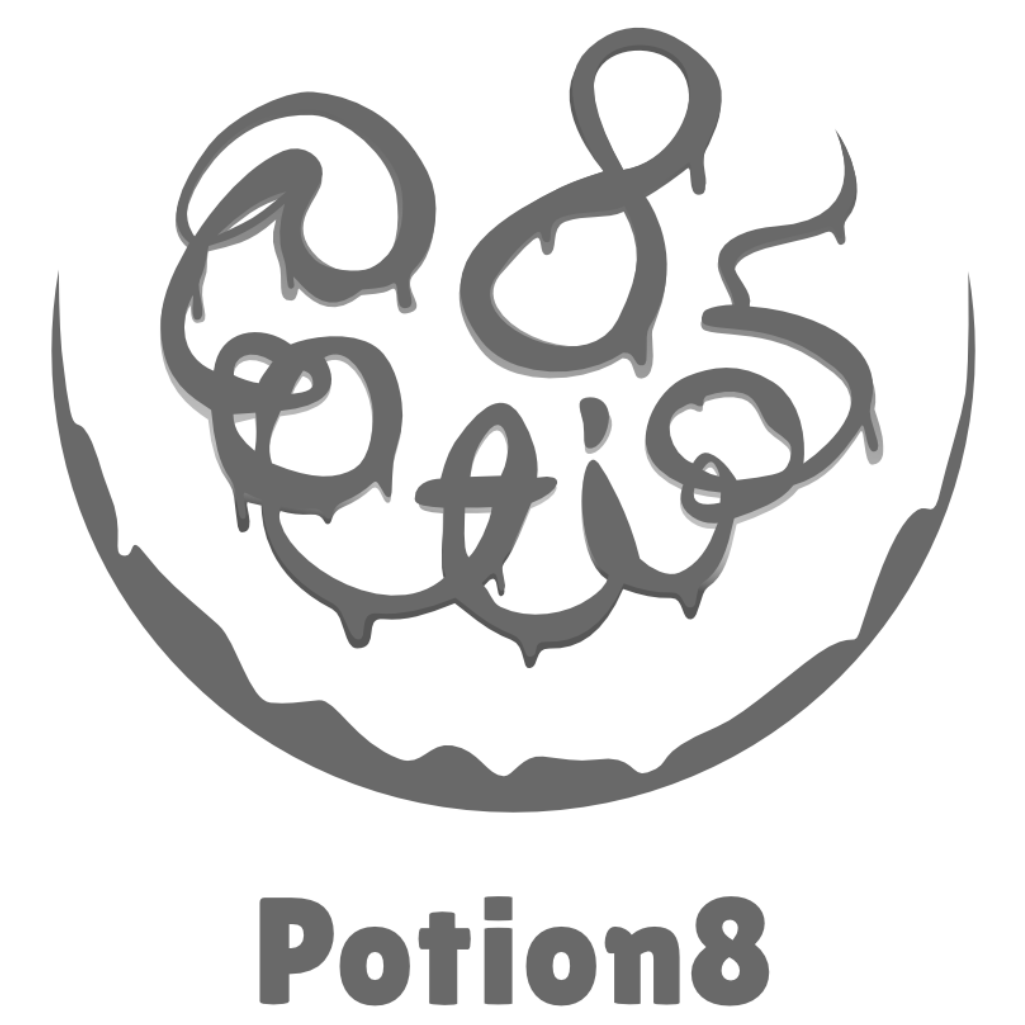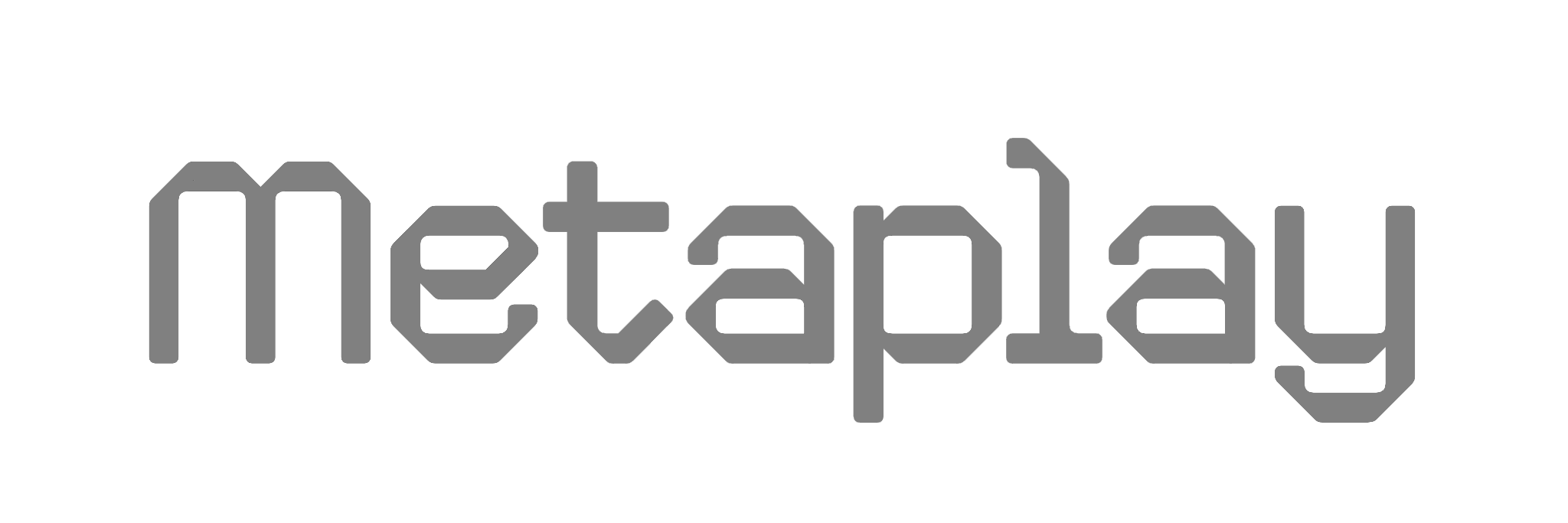By Giorgos Riskas and Roope Sorvo
The May gathering was sponsored by PlayFab, a complete backend platform built exclusively for live games.
Brendan Vanous, head of developer success at PlayFab/Microsoft was really impressed with how inclusive the game development community is in Finland. As he said, in many other communities competitiveness make developers grow isolated and he is really happy to see that this is not the case.
In his brief talk, Vanous spoke about live game operations and how they can shape the future of the gaming industry. Live operations, or LiveOps, help games to grow according to the needs of the users, so that they can be evolve and therefore, live longer.
Vanous described how the growth of mobile games has changed the scene since the early 2000s and how LiveOps services have played their part in driving the mobile industry to the top. The said services allow developers to either complement their existing infrastructure or adopt the LiveOps platform in its entirety.
Probably the most interesting part of the presentation was the comparison between two teams of developers that followed different approaches on how to engage their audience. One of the said teams kept collecting data and tried to stay aligned with what the audience needed, in contrast to the other one that stopped their support after some early updates. The results indicate that the old way of supporting games as in the previous decades is not anymore viable in the live games market.
“The developers should always listen to their community’s feedback and build on it”, Vanous said. “That’s the way to do things nowadays, and unfortunately many people don’t understand that,” he added.
This time the Demo Corner was divided into two distinct categories: projects by Aalto University students, and independent game projects that both happened to make their second appearance in the IGDA Demo Corner.
It was the first time that Aalto students had the opportunity to gather valuable feedback outside their university. The games were developed as part of a course and is a collaboration effort between different Master’s programs of Aalto’s Media Lab. The 3 featured projects have been in development for roughly five months by teams of five to six students.
PlusMinus is a third person puzzle game in which the main character uses magnetism to fight enemies and solve puzzles. The story of the game finds the main character trying to escape from the system in futuristic dystopian world.
Metsä is an atmospheric hybrid installation game that is played while sitting in a dark tent. The player controls the footsteps of their avatar by pressing two individual buttons situated on a blanket, attempting to make their way through a dark woodland avoiding obstacles by jumping and sneaking.
Hidden Wish is an asymmetrical co-op adventure game with a combination of different mechanics. The stylized game mixes 3D segments with literally hand drawn levels where first player makes their way through a 2D platformer, meanwhile the second player uses a more cursor-oriented UI to create a path for the other player by moving around different parts of the levels.
In addition, two games made their second appearance in IGDA.
Exploding Babies was developed by Nut Farm during the Global Game Jam and is a hectic 4-player battle arena game where the players try to win by detonating the babies of other players using sound waves. The developers’ return to the demo corner of IGDA after March is part of their focus on live events where they can get people to try it in teams of 4 and test its full potential.
Another team that returned to the demo corner was LunarByte, with their first title Trail of Relics, a puzzle game where the player draws a path for their avatar through increasingly difficult mazes. The game has been in development for about half a year and it is currently on beta. As the developers said, the feedback that they receive at IGDA gatherings is a lot better than average which helps them focus on the areas that they should during the development.
See you in August!



